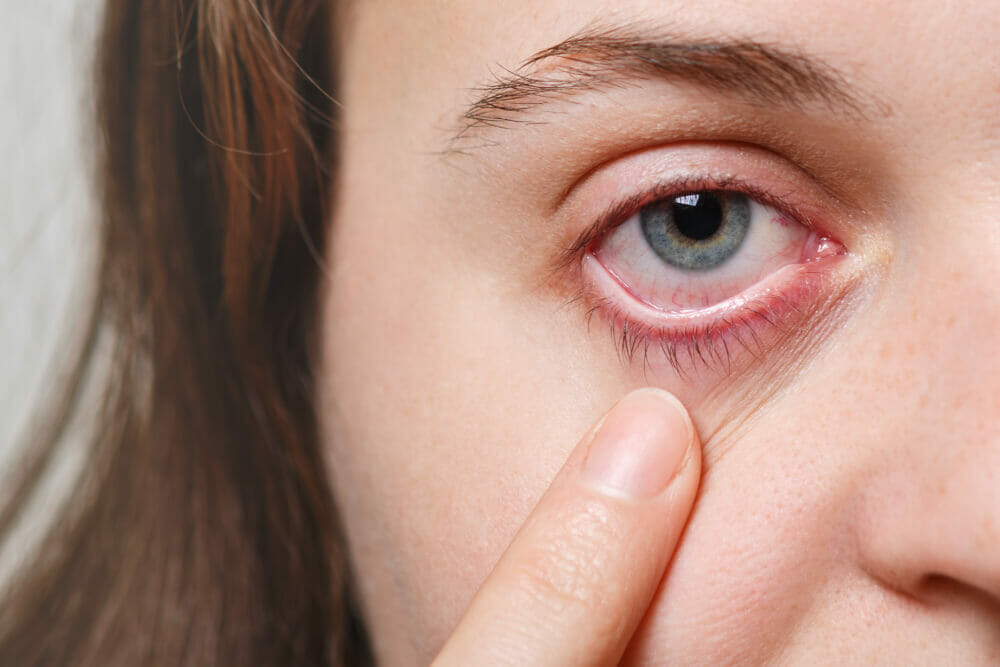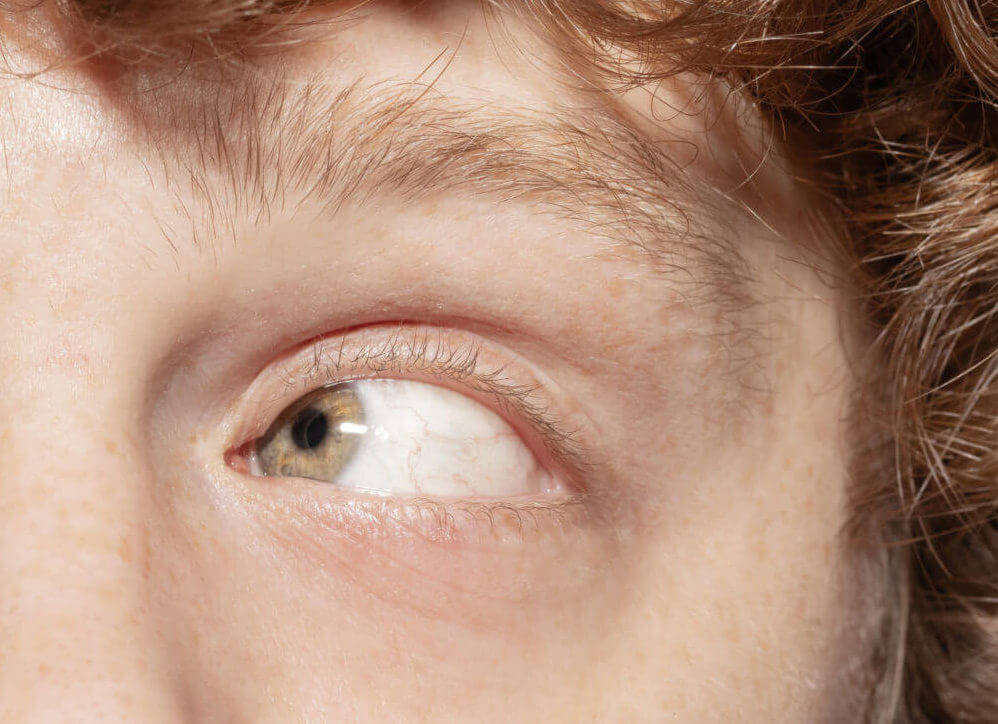Not Necessarily Connected
While blurry vision can be a symptom of dry eye, it can also be a sign of other, potentially more severe, eye problems. These include glaucoma, age related macular degeneration, cataracts, and diabetic eye disease.
Complications from LASIK surgery can also lead to blurry vision.
Blurry vision can also be a sign of serious health problems which aren’t strictly eye-related, like a stroke. If you develop symptoms like severe headaches, loss of muscle control over one side of the body, facial drooping, or difficulty speaking in addition to blurry vision, seek emergency help right away.
Additional conditions which can cause blurry vision include rheumatoid arthritis, lupus, and Sjorgen's syndrome.
If you start rapidly developing blurry vision, seek medical advice as soon as possible, as it may indicate an emergency.




















